- Преподавателю
- Иностранные языки
- Грамматическая работа по английскому языку 2 класс школ с углубленным изучением АЯ
Грамматическая работа по английскому языку 2 класс школ с углубленным изучением АЯ
| Раздел | Иностранные языки |
| Класс | 2 класс |
| Тип | Тесты |
| Автор | Дергачева Е.В. |
| Дата | 15.01.2015 |
| Формат | docx |
| Изображения | Есть |
-
Вставь глагол «to be» в нужной форме в пропуски. Напиши вопрос к каждому предложению:
The dog ______ in the house. ____________________________________________________
My mother ________ a doctor. ___________________________________________________
Bob and Tom _________ my friends. ______________________________________________
The elephant _______ very big. ___________________________________________________
I ______ a pupil. _______________________________________________________________
We _______ students. ___________________________________________________________
He _______ a pilot. _____________________________________________________________
It _________ a ball. _____________________________________________________________
You ______ a teacher. ____________________________________________________________
-
Сделай отрицательные предложения (скажи, что это не так):
I am a doctor. __________________________________________________________________
My father is a pupil. _____________________________________________________________
Mary and Kate are students. ______________________________________________________
It is a dog. ____________________________________________________________________
He is a little boy. _______________________________________________________________
We are robots. _________________________________________________________________
I am a girl. ____________________________________________________________________
-
Ответь на вопросы кратким ответом:
Are you ten? ___________________________________
Is your mammy a doctor? _________________________
Are they pupils? _________________________________
Is it a dog? _____________________________________
Is she a teacher? _________________________________
Are we students? _________________________________
Is it an umbrella? ________________________________
Are they little boys? ______________________________
Are you a wizard? ________________________________
-
Посмотри на картинки и напиши правильное вопросительное слово "Who" или "What". Ответь на вопросы.
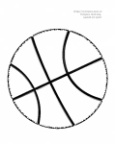
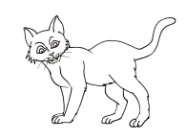
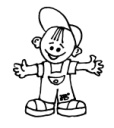
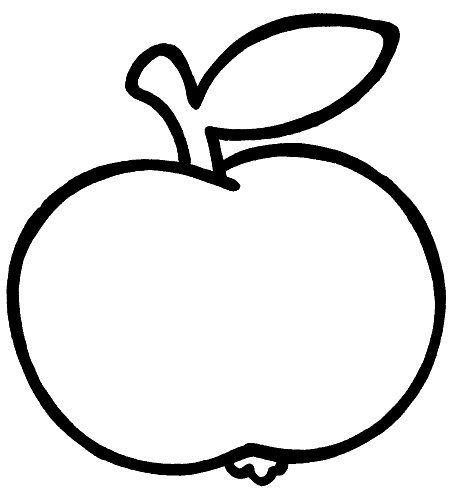
________ is this? ________ is this? _______ is this? ________ is this?
This is an _______. This is a ______. This is a ______. This is a _______.
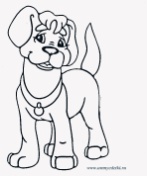
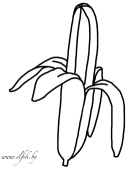

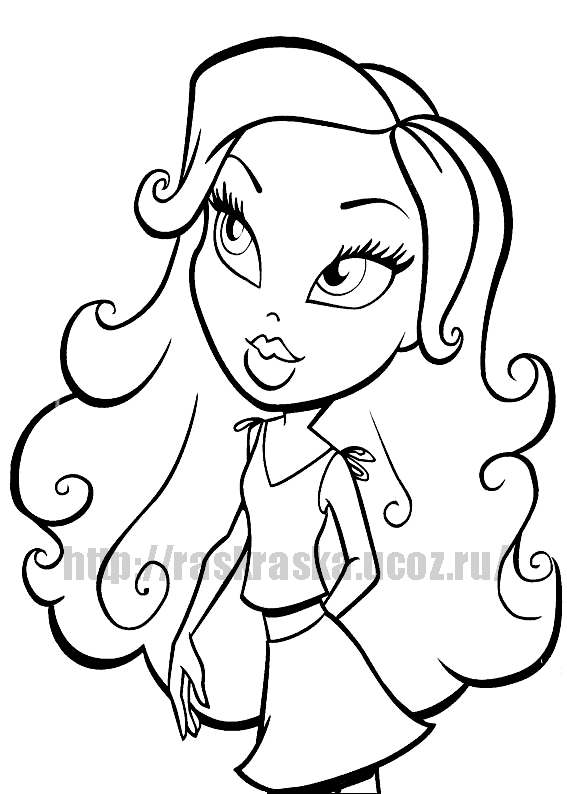
_______ is this? _______ is this? ______ is this? ______ is this?
This is a ______. This is a ______. This is a _______. This is a ______.
-
Сделай из отрицательных предложений утвердительные предложения:
My brother is not a doctor. ___________________________________
I am not a pupil. ___________________________________________
They are not my friends. _____________________________________
Mary is not a teacher. ________________________________________
It is not a ball. ______________________________________________
We are not the best friends. ___________________________________
I am not a boy. _____________________________________________
Bob is not a student. ________________________________________
-
Напиши краткую форму:
am not = _____________ I am = ___________________ She is = _________________
is not = ______________ He is = __________________ It is = ___________________
are not = _____________ You are = ________________ They are = _______________
Данные задания были разработаны к уроку, на котором происходило знакомство с глаголом "to be", а также к последующим урокам для закрепления пройденного материала. В Teacher`s book рекомендуется провести 2-3 урока по данной теме, но, на наш взгляд, в связи со сложность данной темы требуются дополнительные упражнения для закрепления и отработки детьми глагола "to be". Учитывая то, что тема дана в самом начале второго класса, задания к упражнениям считаем целесообразным сделать на русском языке.
-
Rewrite the sentences using Passive voice
1. We turn on the light when it is dark.___________________________________________________
2.The students finished their translation in time. ___________________________________________
3.Helen washed the dishes.____________________________________________________________
4.Betty often takes her younger brother for a walk.__________________________________________
5.Mother always makes some coffee for us.________________________________________________
6. The teacher explained the new rule to us._________________________________________________
7.They always make tables from wood.____________________________________________________
8. A young teacher started a school in this village.____________________________________________
9.She promised us an interesting entertainment.______________________________________________
10.One uses chalk for writing on the blackboard._____________________________________________
11.I finished my work yestarday.__________________________________________________________
12. Thousands of people attended this concert.________________________________________________
13.The waitress brought in the coffee.______________________________________________________
14.One of my friends took me to the cinema last week.___________________________________________
15.We shall finish this work in time._________________________________________________________
16.They built this house in 1960. ___________________________________________________________
17. A large group of young people joined us on our way to the station.______________________________
______________________________________________________________________________________
-
Open the brackets using Passive voice
1. Bread (to eat) ____________________ every day. 2. The letter (to receive) ______________________yesterday. 3. Nick (to send) ___________________ to Moscow next week. 4. I (to ask) ________________ at the lesson yesterday. 5. I (to give) ___________________ a very interesting book at the library last Friday. 6. Many houses (to build) ____ _____________in our town every year. 7. This work (to do) __________________yesterday. 8. This text (to translate) ___________________at the last lesson. 9. These trees (to plant) ___________________last autumn. 11. This bone (to give) _______________ to my dog last week. 12. We (to invite) _________________ to a concert last Saturday. 13. My question (to answer) __________________ yesterday. 14. Hockey (to play) ________________ in winter. 15. Mushrooms (to gather) ____________________ in autumn. 16. Many houses (to burn) _________________ during the Great Fire of London. 17. His new book (to finish) __________________ next year. 18. Flowers (to sell) ______ __________________ in shops and in the streets. 19. St. Petersburg (to found) _________________________ in 1703.
-
Choose the write form of the verbs in brackets
1. The porter will (bring, be brought) your luggage to your room. 2. Your luggage will (bring, be brought) up in the lift. 3. You may (leave, be left) your hat and coat in the cloak-room downstairs. 4. They can (leave, be left) the key with the clerk downstairs. 5. From the station they will (take, be taken) straight to the hotel. 6. Tomorrow he will (take, be taken) them to the Russian Museum. 7. At the station they will (meet, be met) by a man from the travel bureau. 8. She will (meet, be met) them in the hall upstairs.


